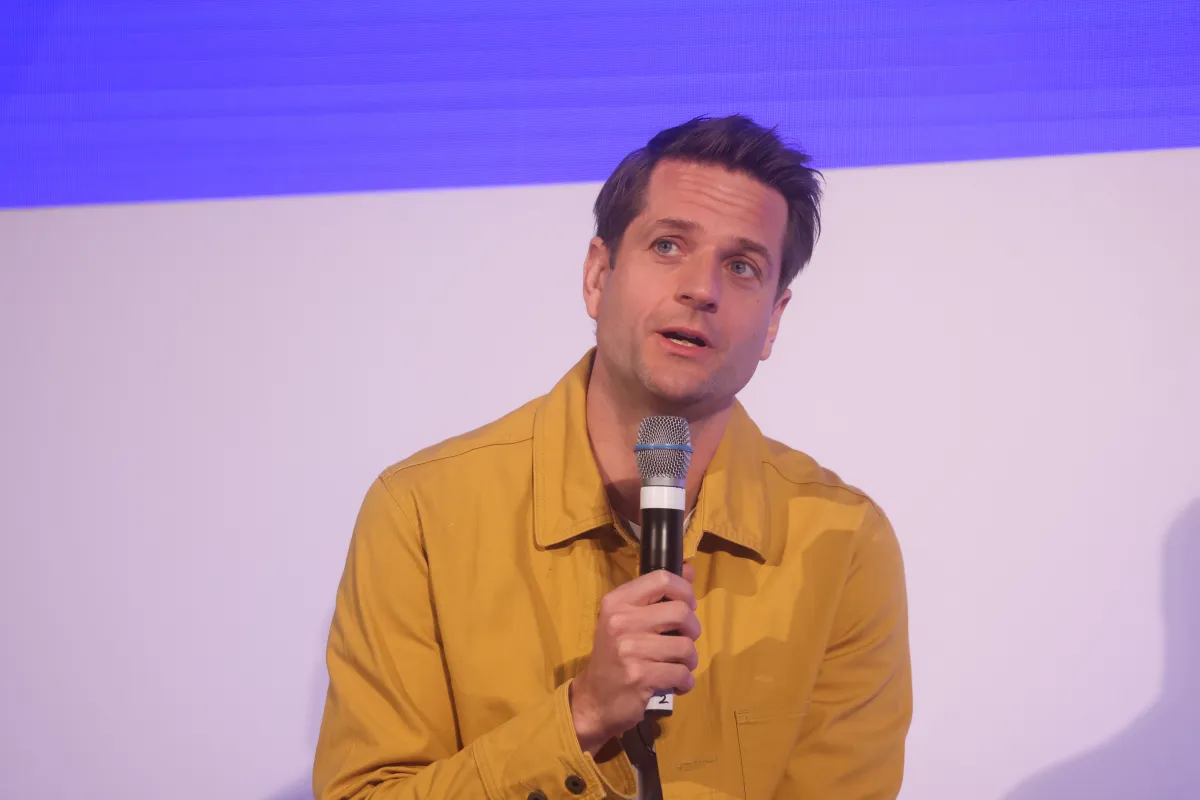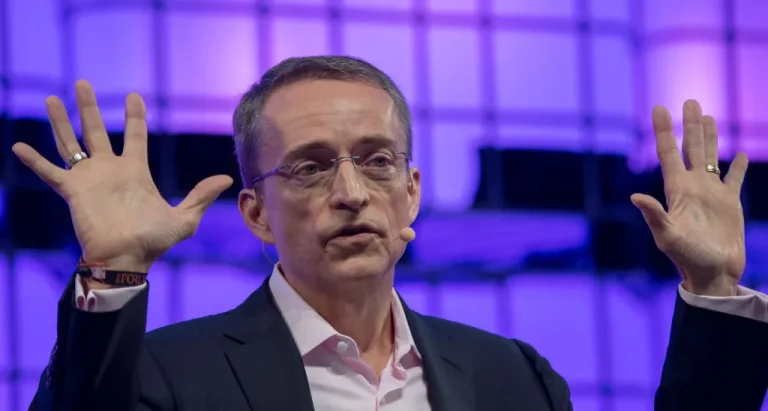
Klarna, the Swedish fintech giant best known for its “buy now, pay later” service, is leaning heavily into AI—and the results are starting to show. In 2023, the company made waves when it announced a strategic shift toward in-house AI systems, developed in collaboration with OpenAI. This wasn’t just another tech buzzword moment. Klarna backed up its AI ambitions by cutting ties with Salesforce CRM, a move that saved millions in enterprise software costs. It also slowed down its hiring pipeline, signaling a clear intention to let AI take on tasks traditionally handled by humans.
Fast forward to today, and Klarna says the shift is paying off. In a financial update shared on Monday, the company revealed it’s on track to hit $1 million in revenue per employee—nearly doubling its $575,000-per-employee figure from the previous year. Much of that gain comes from improved operational efficiency, with customer service being the biggest winner. Klarna had previously announced plans to phase out nearly 700 full-time customer service contractors, replacing them with AI chatbots.
That said, the company hasn’t gone fully robotic. Just last week, Klarna confirmed it’s reinstating the option for customers to speak with human agents. This pivot reflects a broader realization across tech: while AI can boost efficiency, a fully human-free customer experience doesn’t always land well with users.
Meanwhile, Klarna’s financial momentum is building. The company reported a 13% jump in revenue, reaching $701 million in Q1 2025. However, it’s still hitting pause on its much-anticipated U.S. IPO, citing ongoing market instability following former President Trump’s tariff announcement.
Klarna’s AI bet may be bold, but it’s one of the clearest examples of how companies are using automation not just to cut costs—but to reshape how they operate, hire, and grow.







